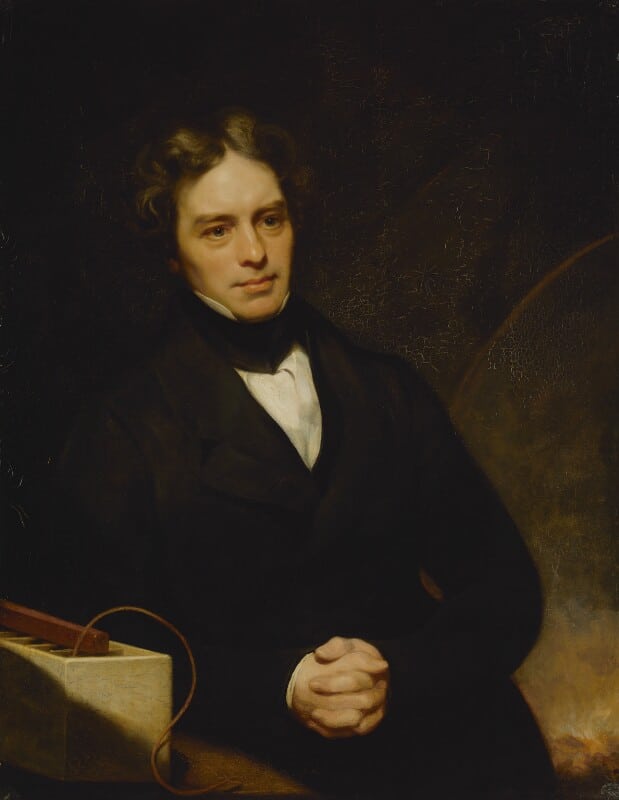Michael Faraday, born on September 22, 1791, in Newington Butts, Surrey, England, is widely regarded as one of the most influential scientists in history. His humble beginnings, marked by poverty and limited formal education, did not deter him from achieving greatness in the field of physics.
Faraday’s early life was characterized by financial struggles. At the age of 14, he began working as an apprentice to a local bookbinder, where he developed a passion for science by reading the books he bound. His curiosity and determination led him to attend public lectures by prominent scientists of the time, igniting his interest in electricity and magnetism.
In 1812, Faraday secured a position as a laboratory assistant at the Royal Institution in London, working under the mentorship of chemist Humphry Davy. This opportunity proved to be transformative, as Faraday’s keen intellect and experimental skills quickly gained recognition. He made significant contributions to chemistry, particularly in the field of electrochemistry, where his laws of electrolysis laid the groundwork for modern electrochemical theory.
However, it was Faraday’s groundbreaking work in electromagnetism that cemented his legacy as a scientific pioneer. In 1821, he discovered electromagnetic rotation, demonstrating that a current-carrying wire placed in a magnetic field experiences a force that causes it to rotate. This discovery laid the foundation for the development of electric motors and generators, revolutionizing industry and transportation.
Faraday’s most famous discovery came in 1831 when he demonstrated electromagnetic induction. By moving a magnet near a coil of wire, he observed the generation of an electric current. This fundamental principle forms the basis of modern power generation and distribution, enabling the widespread use of electricity in our daily lives.
Throughout his career, Faraday made numerous other significant contributions to science. He discovered the laws of electrolysis, investigated the nature of magnetism and light, and conducted groundbreaking experiments on gases, including the liquefaction of several gases for the first time.
Faraday’s influence extended beyond his scientific achievements. He was a gifted lecturer and communicator, renowned for his ability to explain complex scientific concepts in simple terms. His popular lectures at the Royal Institution attracted audiences of all backgrounds, inspiring generations of scientists and educators.
In addition to his scientific pursuits, Faraday was a devout Christian and a man of strong moral character. He believed in the unity of science and religion, viewing his scientific discoveries as a means of understanding the natural world and appreciating the wonders of creation.
Michael Faraday’s contributions to science and society are immeasurable. His pioneering research laid the groundwork for modern physics and technology, shaping the world we live in today. His legacy serves as a testament to the power of curiosity, perseverance, and the human spirit to transcend obstacles and achieve greatness.
